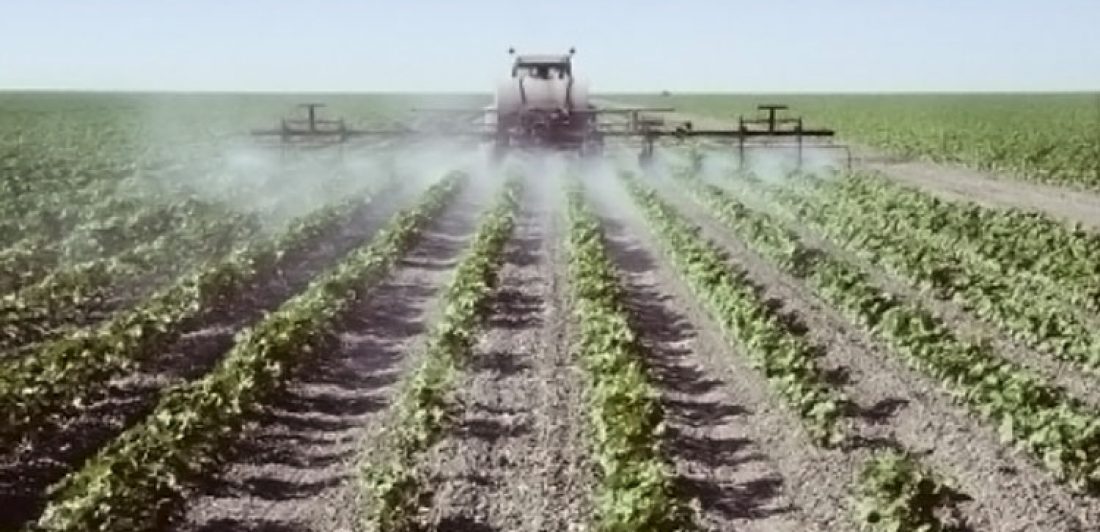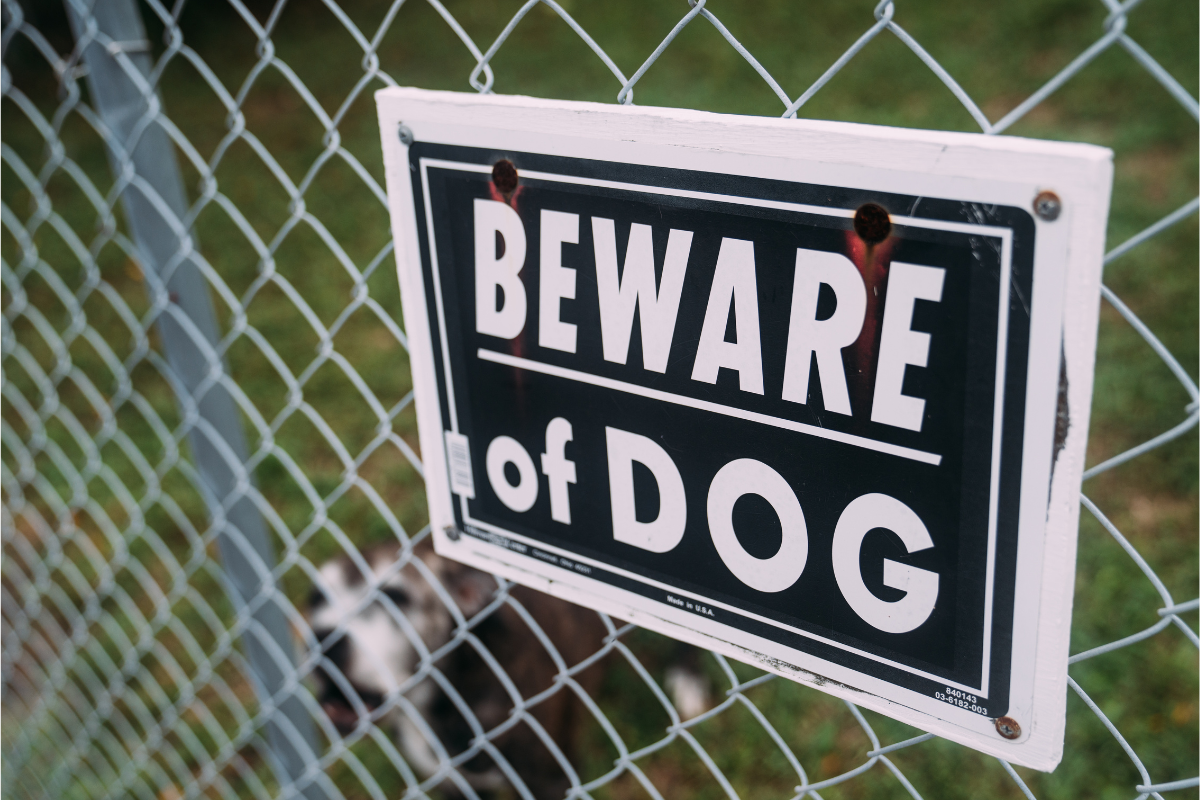The latest update in the ongoing lawsuits against Bayer for its alleged cancer-causing weed killer, Roundup, proves to be a victory for plaintiff William Melissen, who was awarded a $78 million verdict.
Jury Verdict Finds Bayer Must Pay $78 Million in Roundup Cancer Trial
On Thursday, Oct. 10, 2024, a state court jury in Philadelphia found that Bayer must pay $78 million to a man from Pennsylvania who claimed he got cancer from using Roundup weed killer.
The plaintiff, William Melissen, along with his wife, Margaret, sued Bayer in 2021 after William developed Non-Hodgkin’s Lymphoma. The Melissens allege that exposure to glyphosate caused William’s cancer. Glyphosate, a chemical widely used for killing weeds, was an active ingredient in Roundup sold for both commercial and home use until 2023. Currently, Roundup sold for use at home no longer contains glyphosate. William stated that he used Roundup both at his home and at work from 1992 to 2020, the year of his diagnosis. He believes that glyphosate and another chemical present in Roundup caused his Non-Hodgkin’s Lymphoma.
In Melissen’s case, the jury awarded $3 million in compensatory damages, with another $75 million in punitive damages. However, Bayer believes that it will be able to get the punitive damages reduced on appeal, as the U.S. Supreme Court has ruled that generally, punitive damages should not be more than nine times the compensatory damages.
Melissen’s lawsuit is one of thousands alleging that the glyphosate in Roundup led to Non-Hodgkin’s Lymphoma and other cancers. In the course of the mass litigation, Bayer has faced multiple verdicts, including:
- November 2023: $1.56 billion, later reduced to $611 million
- January 2024: $2.25 billion, later reduced to $400 million
Does Roundup Cause Cancer?
According to The International Agency for Research on Cancer (IARC), glyphosate is “probably carcinogenic in humans.” The IARC came to this conclusion based on “convincing evidence” that glyphosate caused cancer in laboratory animals. Though some health agencies state that glyphosate is not a concern, studies have consistently linked the chemical to Non-Hodgkin’s Lymphoma and other cancers. One study found that exposure to Roundup increased the risk of developing some cancers by more than 40%.
Other studies also strongly suggest that glyphosate damages the body’s kidneys and liver, which can disrupt the body’s endocrine system. The endocrine system regulates hormones, and disturbances in this system increase the risks of Non-Hodgkin’s Lymphoma.
Who is Most At Risk for Cancer Caused by Glyphosate?
The people most at risk of developing cancer as a result of glyphosate exposure are those who worked with the chemical on a regular basis. Typically, these people worked in some kind of agriculture or landscaping that required the use of weedkillers. Common occupations of people who have been diagnosed with Non-Hodgkin’s Lymphoma after glyphosate exposure include:
- Farmer
- Landscaper
- Professional gardener
- Groundskeeper
- Agriculture worker
- Pesticide and herbicide applicator
If you or someone you know has worked in one of these fields and developed Non-Hodgkin’s Lymphoma, glyphosate is likely the cause. The Carlson Law Firm is currently investigating Non-Hodgkin’s Lymphoma cases across the nation and offers legal assistance to those suffering from Bayer’s negligence.
The Carlson Law Firm Can Help
Bayer never warned about the dangers of glyphosate in its products and tried to cover up the truth for years. The company’s negligence has had an uneven effect on our nation’s farmers and agricultural workers, who may have suffered exposure to this dangerous chemical regularly for years or even decades.
If you or someone you love has been diagnosed with Non-Hodgkin’s Lymphoma after exposure to glyphosate in Roundup weed killer, our Roundup Attorneys can help. Our team of compassionate, experienced attorneys is ready to take your case and walk you through the legal process. We are accepting cases from all 50 states and are ready to fight for you. We care, and we can help.




